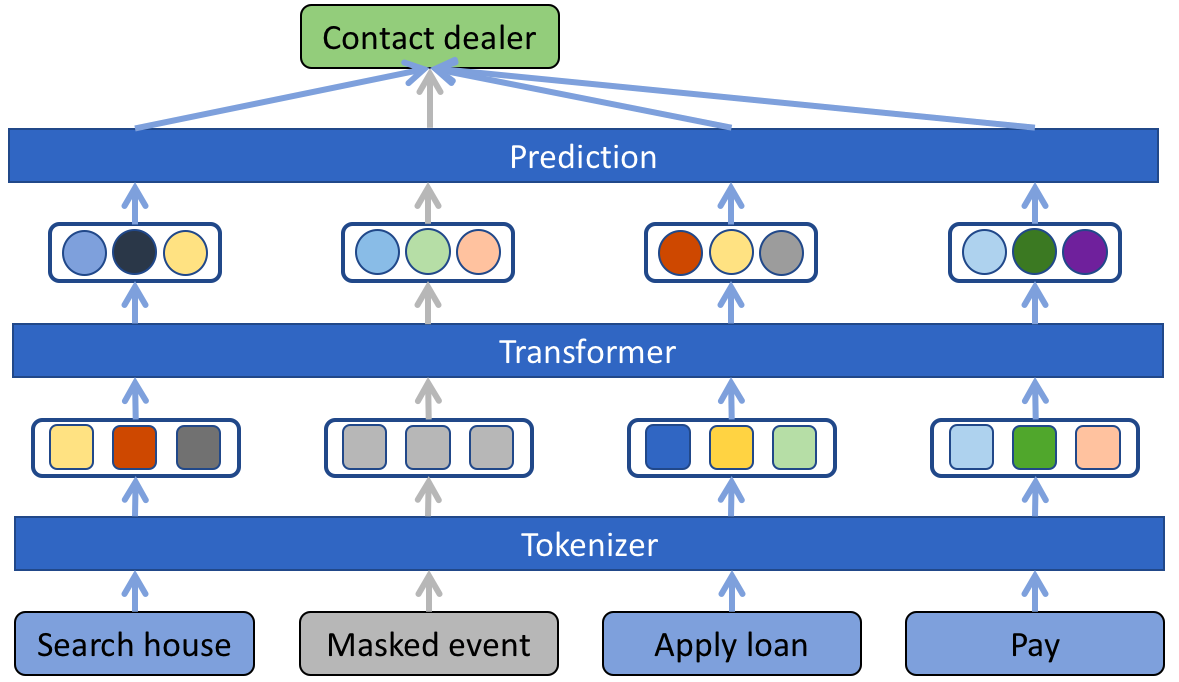Weakly Supervised Subevent Knowledge Acquisition
Wenlin Yao, Zeyu Dai, Maitreyi Ramaswamy, Bonan Min, Ruihong Huang
Information Extraction Long Paper

You can open the pre-recorded video in a separate window.
Abstract:
Subevents elaborate an event and widely exist in event descriptions. Subevent knowledge is useful for discourse analysis and event-centric applications. Acknowledging the scarcity of subevent knowledge, we propose a weakly supervised approach to extract subevent relation tuples from text and build the first large scale subevent knowledge base. We first obtain the initial set of event pairs that are likely to have the subevent relation, by exploiting two observations that 1) subevents are temporally contained by the parent event, and 2) the definitions of the parent event can be used to further guide the identification of subevents. Then, we collect rich weak supervision using the initial seed subevent pairs to train a contextual classifier using BERT and apply the classifier to identify new subevent pairs. The evaluation showed that the acquired subevent tuples (239K) are of high quality (90.1% accuracy) and cover a wide range of event types. The acquired subevent knowledge has been shown useful for discourse analysis and identifying a range of event-event relations.
NOTE: Video may display a random order of authors.
Correct author list is at the top of this page.
Connected Papers in EMNLP2020
Similar Papers
Analogous Process Structure Induction for Sub-event Sequence Prediction
Hongming Zhang, Muhao Chen, Haoyu Wang, Yangqiu Song, Dan Roth,

Event Extraction as Machine Reading Comprehension
Jian Liu, Yubo Chen, Kang Liu, Wei Bi, Xiaojiang Liu,

Incremental Event Detection via Knowledge Consolidation Networks
Pengfei Cao, Yubo Chen, Jun Zhao, Taifeng Wang,

